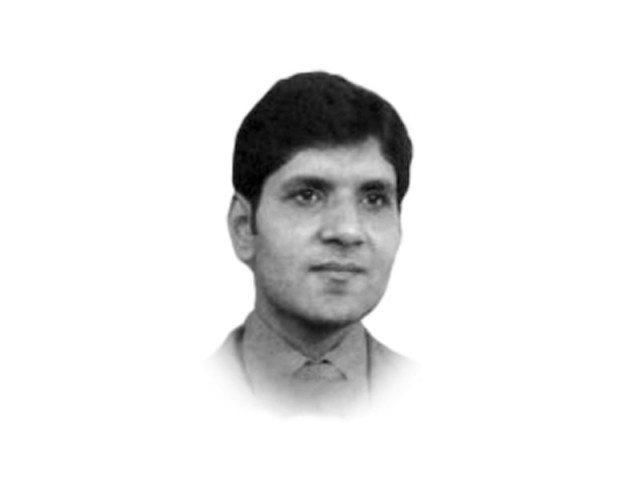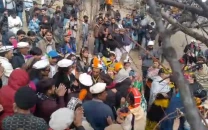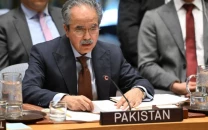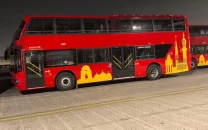Sidelining marginalised groups
Now the ECP has abolished Form 8 and included its wording for non-Muslims in Form 2

In 1985, General Ziaul Haq introduced the system of separate electorates and voter lists were prepared on the basis of religion, with there being a separate list for every religion. If one wanted to be listed as a Muslim voter, they had to sign a certificate repudiating the founding of Ahmadiyat. This system continued until the rule of General (retd) Pervez Musharraf, who announced the restoration of joint electorates in May 2002. He, however, could not stand by this and on June 17, 2002, had to issue the Chief Executive’s Order No 15, to create a separate ‘supplementary list of voters’ in which Ahmadi voters were categorised as ‘non-Muslim’. It is still in effect.
In the 2002 elections, the ECP introduced two separate forms for registration of voters; one for Muslims (Form 2) and another for Non-Muslims (Form 8). It was made obligatory for Ahmadis to apply using Form 8. The result was that no Ahmadi registered as a voter because they do not accept that they are non-Muslims. Now the ECP has abolished Form 8 and included its wording for non-Muslims in Form 2. This form also includes a warning that providing inaccurate information about religion will be punishable.
On January 17, 2007, the ECP in its letter No F1(6)/2001-Cord ordered “separate supplementary lists of draft electoral rolls for Ahmadis/Qadianis be published”. Ahmadis do not want to avail the right to vote after having been officially categorised by the state as non-Muslims.
Although the chief election commissioner referred to data from NADRA and registered all Ahmadis as voters, they maintain that they do not want to avail this concession at the cost of their faith.
Although the recent local government elections were held on the basis of joint electorate, they are not joint in true spirit. The electorates remain separate, particularly for Ahmadis. These procedures predictably have resulted in disassociation of the Ahmadi community from elections. As such, for decades now, no Ahmadi has been a member of any assembly, be it national, provincial or even district level. Ahmadis have no representation in the town council of even Chenab Nagar (Rabwah), their own town and headquarters. No representative of theirs has contested the local government elections held across the country.
Published in The Express Tribune, November 12th, 2015.



















COMMENTS
Comments are moderated and generally will be posted if they are on-topic and not abusive.
For more information, please see our Comments FAQ